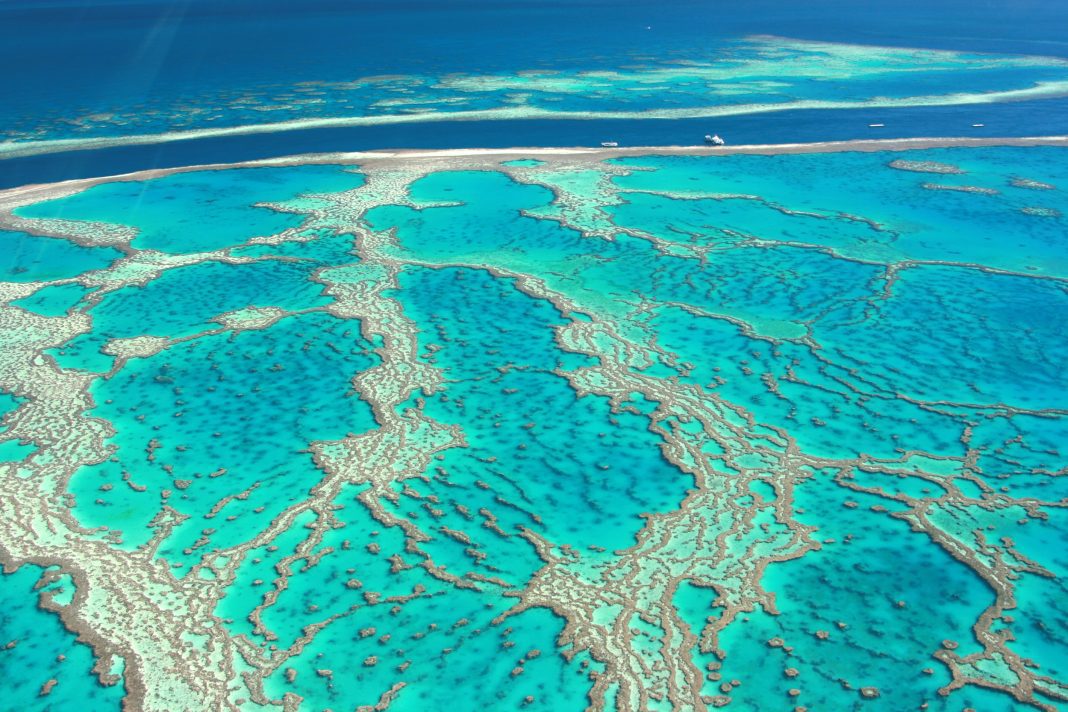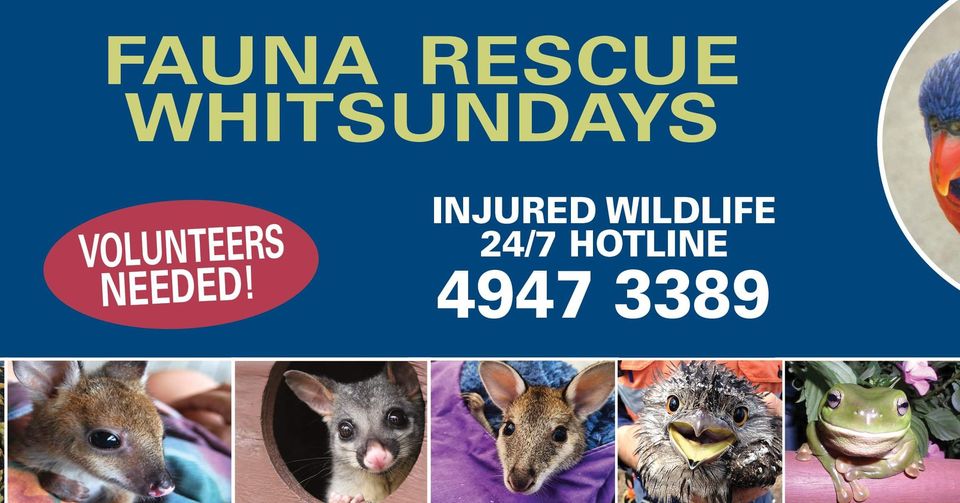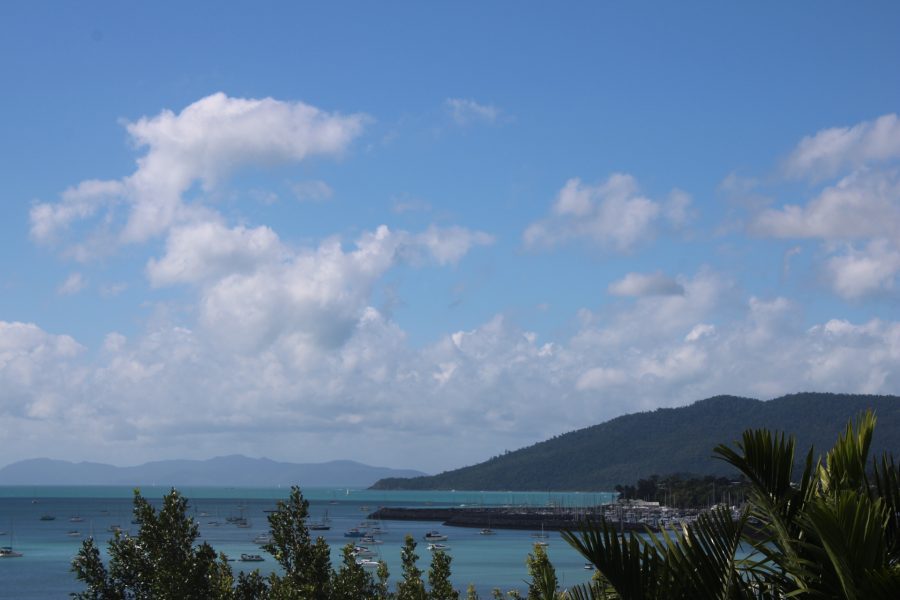THE UNITED Nations Educational Scientific Cultural Organisation (UNESCO) and International Union for Conservation Nature (IUCN) have just their released the findings of their March 2022 reef monitoring mission.
The report included a recommendation to the World Heritage Committee to list the Reef as ‘In Danger’.
More importantly, the report highlighted what we must do to save the reef. The required actions should come as no surprise.
Afterall, the reef has been considered for the ‘In Danger’ listing before and the same actions have been put forward before. This time we must apply the actions.
The Australian and Queensland governments have made important steps towards helping the reef lately, but the monitoring mission report highlighted that more action is needed, if they are serious about saving the reef.
Particularly in the areas of climate targets aligned with the Paris Agreement, water quality targets and fishing controls.
“We have limited time and must move on the report’s recommendations,” Whitsunday Conservation Council’s Tony Fontes said.
“First and foremost, we must drastically cut emissions to limit global warming to 1.5oC.
“According to the Great Barrier Reef Marine Park Authority, global warming is the single greatest threat to the future of the reef.
“Recent IPCC reports have warned that, if global warming hits 2.0oC, we will lose 99 per cent of the world’s reefs.”
“This means that we must end our reliance on the burning of fossil fuels, which worsens climate impacts including marine heatwaves.
“It also means no new coal or gas – without exception – ending all public subsidies and aiming to cut our national emissions by at least 75 per cent by 2030.
“The future health of the reef is in danger, with or without the World Heritage listing.
“But we still have a small window of opportunity. The recommendations in the UNESCO report need to be applied now.”
Agricultural run-off
“The reef is also threatened by polluted run-off from agricultural land, including sediment that can smother the Reef and synthetic fertilisers that turbo-charge algal blooms.
“This is an historical problem that has never been full addressed.
“While many farmers are employing best management practices, the Reef water quality remains poor.
“The Queensland Government must enforce the reef regulations to prevent run-off from agricultural land and work with the Federal Government to restore large areas of coastal wetlands – nature’s water quality filters.
Tree clearing
“Tree clearing in reef catchments adds to the sediment loads in our rivers, which eventually end up in the waters of the reef.
“This needs to stop. The Queensland Government must close loopholes that allow clearing without permits.
“The Australian Government must enforce the federal laws to stop clearing of threatened species habitat.
Unsustainable fishing
“Unsustainable and illegal fishing is one of the biggest local threats to the reef.
“High-risk fishing methods such as gillnet fishing and trawling continue to cause the deaths of threatened species such as dugongs, turtles, and sawfish on our reef.
“The Queensland Government must end gillnet fishing in reef waters to give our iconic dugongs and turtles a chance to recover.
“The Queensland Government must also immediately roll out cameras on all trawl vessels to independently monitor the bycatch in this high-risk fishery.”






